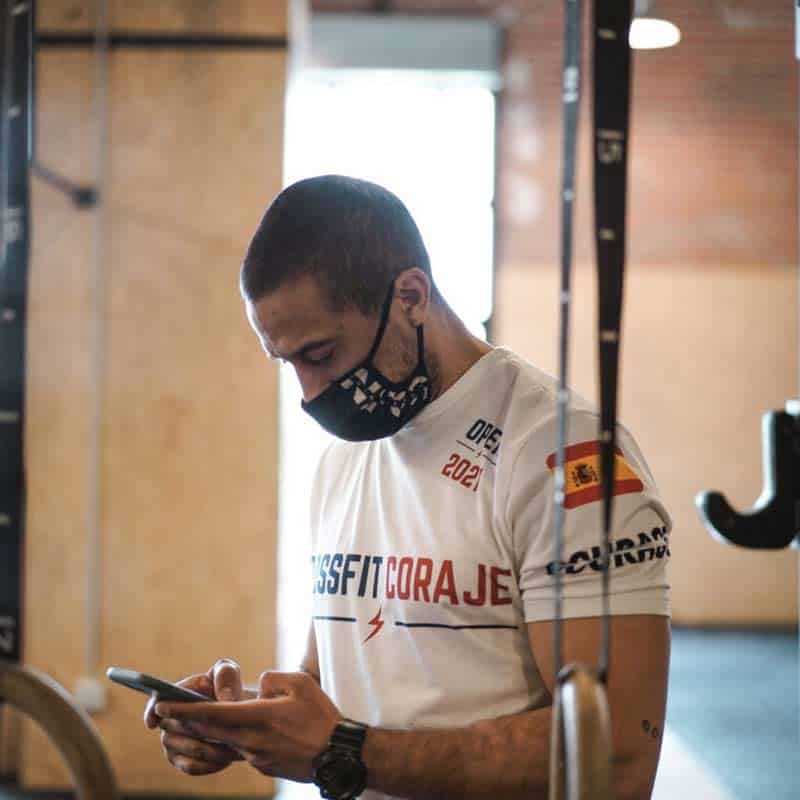
What is CrossFit?
CrossFit is trendy. Admit that, in recent months, you have heard the

Share:
Rest is one of the essential pillars for performance and avoiding injuries, since during those hours of sleep we are repairing our muscles. There is no point in training very well three days a week and even optimizing nutrition if this third leg fails us, which is also key to a healthy lifestyle. Maybe you haven’t stopped to think about it, but when you have a bad night, you wake up in a bad mood and are exhausted at the corners. Imagine if this is repeated day after day: it undoubtedly influences your body and conditions your life. According to the book by Marcos Vázquez, better known as Revolutionary Fitness, in “Healthily. Habits to optimize your brain and improve your health at any age”, sleep is essential for learning, memory, the maintenance of neural circuits and the metabolization of some values depleted while we were awake.
These are some of the consequences of not sleeping well reported by the Sleep Institute: memory problems, muscle pain, weakened immune system, premature aging, it promotes diabetes, weight gain and the chances of suffering from a psychiatric illness increase by a 40% when sleep problems become chronic. “Sleep is not only a pleasure, but a necessity,” maintains the World Health Organization (WHO), which warns that getting too little and poorly can be your greatest enemy.
In addition to a correct choice of pillow and mattress, the most recommended position to rest well is “lateral decubitus (side) and supine position (face up),” say the Sleep Unit of the Quirón Salud University Hospital in Madrid. If there is a position that is not recommended, it is “prone position” (face down), because “it produces a lot of stress in the neck area, due to excessive rotation of the spine, affecting muscles, joints and nerves.

CrossFit is trendy. Admit that, in recent months, you have heard the

By: Mario Díaz CrossFit gives us a simple and elegant solution to

By: Dago Alcaraz Schramm When we talk about healthy eating or a

By: Alfonso Ruiz Carrera We live in difficult times, where we have
Our specialty is CrossFit and functional training, but we are also specialized in mobility, resistance, and different complementary activities.
CROSSFIT CENTERS
DIGITAL KIT PROGRAM CO-FINANCED BY THE NEXT GENERATION (EU) FUNDS OF THE RECOVERY AND RESILENCE MECHANISM

Enviar mensaje